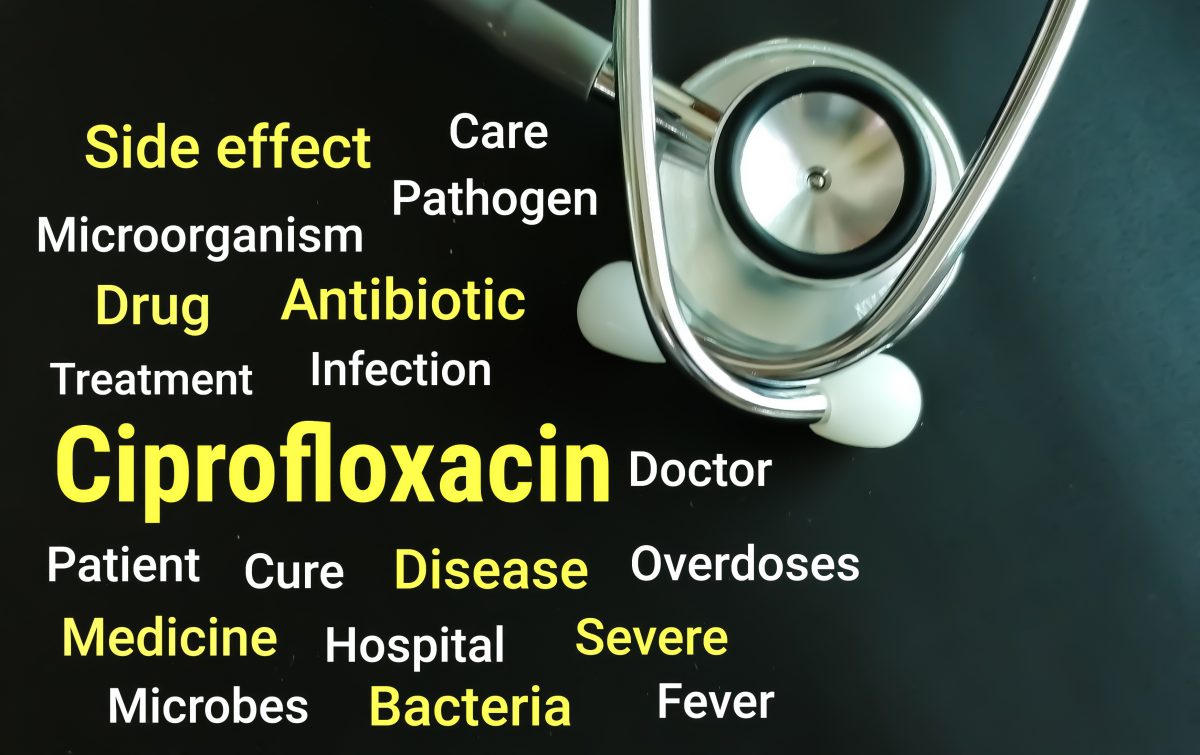what stds does ciprofloxacin treat
Firstly, What is Ciprofloxacin?
Ciprofloxacin is a synthetic antibiotic from the fluoroquinolone family used to treat bacterial infections. It works by inhibiting the activity of an enzyme called DNA gyrase, which is necessary for bacterial DNA replication and repair. This inhibits the growth and reproduction of the bacteria and eventually causes their death. It is a broad-spectrum antibiotic that can effectively treat many bacterial infections.
Overview of Sexually Transmitted Diseases (STDs)
STDs are infections that are primarily spread through sexual contact or through close touching of infected body parts. Many types of STDs are caused by viruses, bacteria, fungi, and parasites. Some common STDs include gonorrhea, chlamydia, syphilis, genital herpes, human papillomavirus (HPV), and human immunodeficiency virus (HIV).
STDs can have a variety of symptoms or no symptoms at all for a long period of time, making them difficult to detect and treat. When symptoms do occur, they can include genital sores, discharge, itching, pain, and burning during urination. If left untreated, STDs can lead to serious health complications.
This article aims to explain the role of Ciprofloxacin in treating sexually transmitted diseases.
How Does Ciprofloxacin Work?
Ciprofloxacin works by inhibiting bacterial DNA replication, which stops bacteria from reproducing. This is accomplished by targeting the enzyme topoisomerase II, which is necessary for bacterial DNA synthesis. Ciprofloxacin also interferes with other enzymes, such as gyrase and topoisomerase IV, which helps to further inhibit bacterial reproduction. In general, Ciprofloxacin disrupts the bacteria’s cellular processes, preventing it from replicating and ultimately leading to its death.
What is Ciprofloxacin Used To Treat?
Ciprofloxacin is commonly used to treat bacterial infections such as respiratory tract infections, urinary tract infections, intestinal infections, skin infections, and bone and joint infections. It may also be prescribed to prevent or treat anthrax or plague in certain situations. Ciprofloxacin is effective against a wide range of bacteria. Still, it is essential to note that it is not effective against viral infections like common cold or flu. It is always important to consult with your doctor for proper diagnosis and treatment.
How Does Ciprofloxacin Work Against STDs?
Ciprofloxacin can be used to treat some sexually transmitted diseases (STDs), such as gonorrhea and chlamydia. As mentioned earlier, it works by interfering with the DNA replication of the bacteria that cause these infections, leading to their death. Ciprofloxacin is ineffective in treating all types of STDs. It should only be used as directed by a healthcare provider as a last resort.
Ciprofloxacin for Chlamydia Treatment?

Ciprofloxacin can be used to treat uncomplicated and chlamydia infections. However, it is not recommended as a first-line treatment. Ciprofloxacin is no longer the recommended treatment for chlamydia due to increasing bacterial resistance. The current recommendations are to use a single dose of azithromycin or 7 days of doxycycline. Azithromycin is a single-dose antibiotic with proven efficacy against Chlamydia trachomatis, the bacterium that causes chlamydia infections. Doxycycline is an oral antibiotic taken twice daily for seven days and has also been found to be effective in treating chlamydia infections.
It’s important to note that both antibiotics should only be used when there are no other treatment options available, as their long-term use can result in antibiotic resistance. Therefore, doctors will typically prescribe other medications in lieu of these antibiotics unless there is evidence of resistance or if the infection is severe enough to warrant their use.
Ciprofloxacin for Gonorrhea Treatment?
Ciprofloxacin for gonorrhea is not universally supported by the medical community. Ciprofloxacin is no longer the recommended treatment for gonorrhea due to the emergence of antibiotic resistance. In 2007, the Centers for Disease Control and Prevention (CDC) stopped recommending its use after reports of increasing resistance to Ciprofloxacin in Neisseria gonorrhoeae, the bacterium that causes gonorrhea. Currently, a single dose of ceftriaxone is the most commonly recommended drug for treating uncomplicated gonorrhea infections. Ceftriaxone is an injectable antibiotic that is effective against resistant strains of N. gonorrhea.

Using Ciprofloxacin For Treating STDs
To clarify, Ciprofloxacin is not recommended as a first-line treatment for STDs due to increasing bacterial resistance. As such, it is important to discuss treatment options with a healthcare provider to determine the most effective and appropriate treatment.
As with any medication, Ciprofloxacin can cause side effects when used to treat STDs. These can include nausea, vomiting, diarrhea, stomach pain, dizziness, headaches, and rash. Ciprofloxacin can also cause tendon damage, so let your Dr. know if you have any history of tendon problems. Rarely, Ciprofloxacin can cause more severe side effects such as seizures, mental/mood changes, or allergic reactions. Check out our blog post about Augmentin for STDs!
Can Ciprofloxacin Treat Trichomoniasis?
Ciprofloxacin can be used to treat trichomoniasis. Trichomoniasis is a sexually transmitted disease caused by single-celled protozoa called Trichomonas vaginalis. The recommended dosage for treating trichomoniasis with Ciprofloxacin is 500 mg twice daily for seven days. Ciprofloxacin may cause side effects such as diarrhea, nausea, and vomiting.
While Ciprofloxacin can be an effective treatment for trichomoniasis, it may not always be the best option. Other treatments, such as metronidazole or tinidazole, are also recommended for treating trichomoniasis.
Conclusion
This article addressed the use of Ciprofloxacin for treating bacterial infections, including STDs such as gonorrhea and chlamydia. While Ciprofloxacin can effectively treat certain bacterial infections, it is not recommended as a first-line treatment for STDs due to increasing bacterial resistance. In general, antibiotics can help alleviate symptoms and reduce the risk of spreading infections, but can also have side effects and should only be used as directed by a medical professional.
If Ciprofloxacin is prescribed to treat an STD, it is important to use it exactly as directed by a doctor and to complete the full course of treatment, even if symptoms improve before treatment is finished. It is also important to inform your healthcare entity of any other medications you are taking and to report any side effects or unexpected symptoms.
In addition to antibiotics, practicing safe sex is essential for preventing the spread of STDs. This can include using condoms or other protective barriers, getting regularly tested for STDs, and discussing sexual history with partners.
Medically Reviewed by Kaci Durbin, MD, MBA, FACOG on April 10, 2023
Secure and Confidential
STD testing services
The fastest results possbile - available in 1 to 2 days

Tagged
Categorized As
Author: STD Check Editorial Team
At STDCheck.com, we go to great lengths to ensure quality content. We’re using our own collection of data. It is not bought or made up for “click-bait” purposes. We don’t entice traffic with cheesy graphics or raunchy headlines. Our information is to promote STD testing, educate people, let go of social stigmas, and bring awareness. We also provide a completely confidential atmosphere through private testing. When we produce an article, it is fact-based. We check it with medical advisors that approve it. Our staff consists of doctors and other medical professionals who peer review the content we make available on STDCheck.com. From all over the world, we have sourced the best and the brightest content developers, including medical professionals, marketing engineers, data scientists, content specialists, and media relations.




